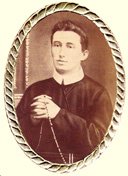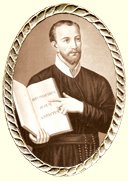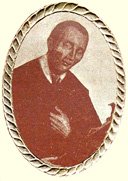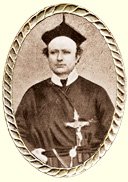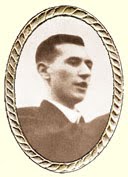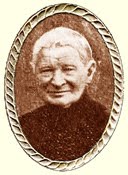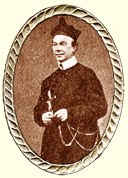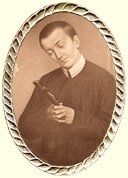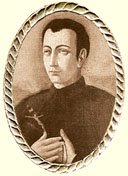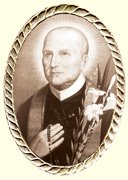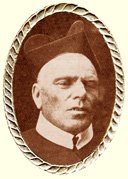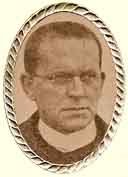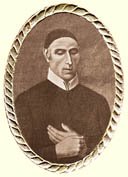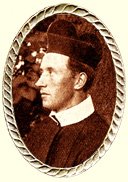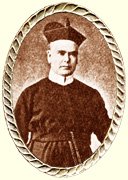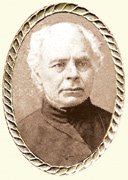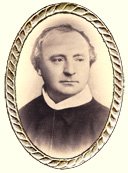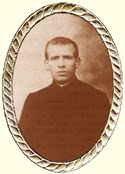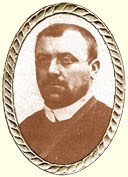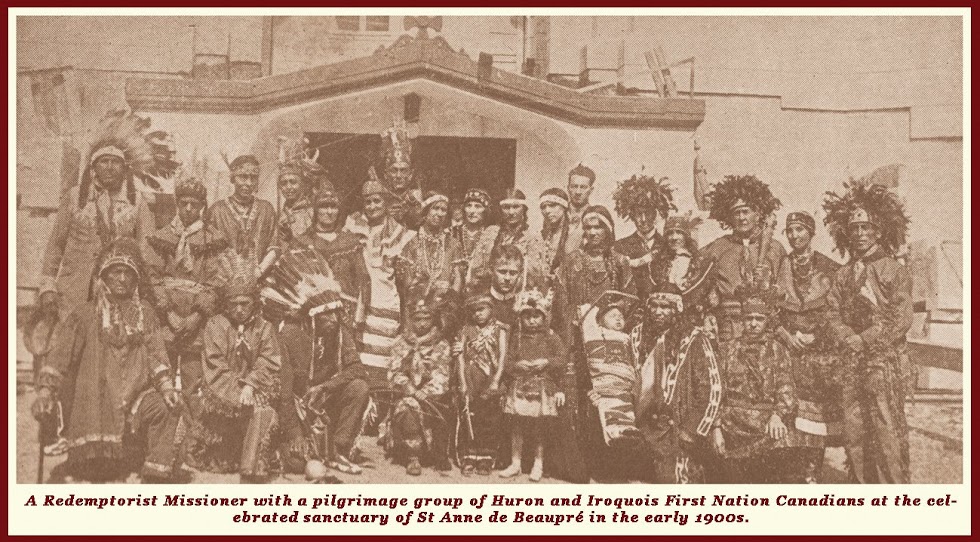Very Rev Fr Jozef Ghekiere, C.SS.R. (1890-1940)
Father Ghekiere was born at Iseghem, Flanders, on 10 April 1890. He made his Redemptorist profession at St-Trond on 24 May 1908, and was ordained to the sacred priesthood at Essen on 29 June 1916.
He had a warm and simple Flemish nature, which, unacquainted with flattery and pretence, made him faithful to his duty, and full of zeal for those souls entrusted to his care. Interiorly he wept over his own exile and that of others from Ukraine.
He was a loving soul under a somewhat rough appearance. He had been a missionary for the Ukrainians in Canada, Volyn and Galicia. In Canada, he was the superior of Komarno, where he looked after 40 parishes. He gained the esteem and admiration of all. In Volyn, he finished the building of the monastery of Kowel, the first in what was formerly Russian controlled territory. After that he was appointed as Rector of the House of Studies in Holosko near Lviv. There he was surprised by the war. During the eight-day bombardment he stood up for the well-being of all his confreres. All of them were saved, but were exiled.
House of Studies in Holosko near Lviv. There he was surprised by the war. During the eight-day bombardment he stood up for the well-being of all his confreres. All of them were saved, but were exiled.
After much suffering he returned to Flanders upon the request of his Superior. An infection in his veins, caused by great travel fatigue, caused him to stay in bed. A blood clot caused his unexpected death at the Redemptorist Monastery in Brussels on 21 January 1940.
God had accepted his sacrifice! Without doubt, it will bear fruit a hundred fold.†
He had a warm and simple Flemish nature, which, unacquainted with flattery and pretence, made him faithful to his duty, and full of zeal for those souls entrusted to his care. Interiorly he wept over his own exile and that of others from Ukraine.
He was a loving soul under a somewhat rough appearance. He had been a missionary for the Ukrainians in Canada, Volyn and Galicia. In Canada, he was the superior of Komarno, where he looked after 40 parishes. He gained the esteem and admiration of all. In Volyn, he finished the building of the monastery of Kowel, the first in what was formerly Russian controlled territory. After that he was appointed as Rector of the
 House of Studies in Holosko near Lviv. There he was surprised by the war. During the eight-day bombardment he stood up for the well-being of all his confreres. All of them were saved, but were exiled.
House of Studies in Holosko near Lviv. There he was surprised by the war. During the eight-day bombardment he stood up for the well-being of all his confreres. All of them were saved, but were exiled.After much suffering he returned to Flanders upon the request of his Superior. An infection in his veins, caused by great travel fatigue, caused him to stay in bed. A blood clot caused his unexpected death at the Redemptorist Monastery in Brussels on 21 January 1940.
God had accepted his sacrifice! Without doubt, it will bear fruit a hundred fold.†
[From Father's Mortuary Card]





















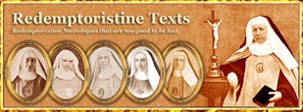
.jpg)









